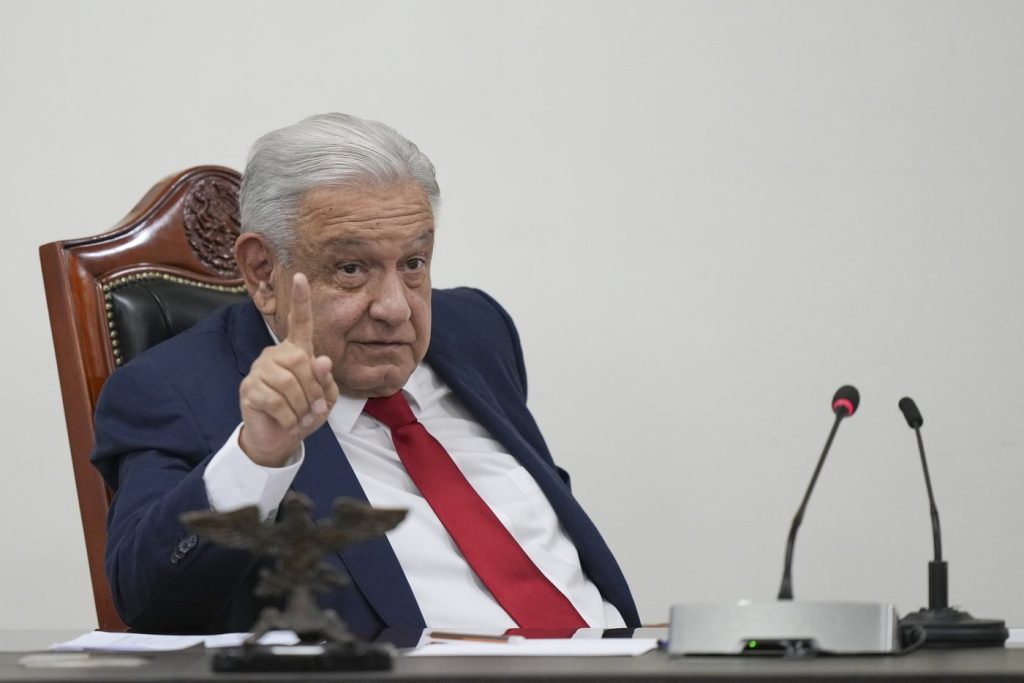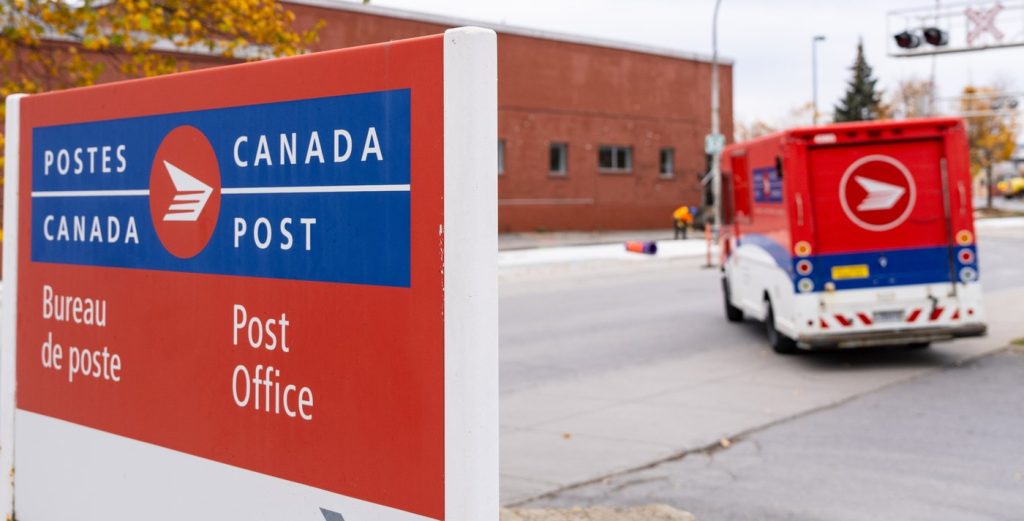US company accuses Mexico of expropriating its property on the Caribbean coast

Posted Sep 24, 2024 11:24:48 PM.
Last Updated Sep 24, 2024 11:31:08 PM.
MEXICO CITY (AP) — An American quarry company said Tuesday the Mexican government carried out a de facto expropriation of its properties on Mexico’s Caribbean coast.
Mexico’s Interior Department issued a decree late Monday declaring the firm’s seaport and quarries to be a natural protected area, in effect prohibiting the company’s activities on its own land.
President Andrés Manuel López Obrador had previously threatened to expropriate the property and later offered to buy it for about $385 million, saying at the time he wanted to turn it into a tourist attraction.
Alabama-based Vulcan Materials said in a statement Tuesday that the move violates the U.S.-Mexico-Canada free trade agreement. It said the measure formed part of “a series of threats and actions by the current administration against our operations.
“The expropriation of land and the seaport belonging to our company is another escalation and another violation of Mexico’s obligations under trade agreements,” the statement said. “This illegal measure will have a long-term paralyzing effect on trade and investment relations between Mexico and the United States.”
The decree published in the official gazette shows a strangely patterned nature reserve that follows exactly some of the company’s property lines.
While the decree states the purpose of the park is to protect local animal and plant species, in fact the seaport and stone quarries are very disturbed areas, do not much resemble a nature reserve and would add little to that effort.
Moreover, the decree comes after López Obrador’s administration cut down tens of thousands of trees in a broad swath through native jungle to build a tourist train line not far from the stone quarries.
The company, which was already involved in a dispute resolution panel complaint against the Mexican government, said Tuesday it would use “all available legal channels” to fight the new decree.
In June the American company rejected the Mexican president’s buy-out offer, saying it “substantially undervalues our assets.”
In papers filed on the case in an international arbitration panel, Vulcan Materials valued the almost 6,000-acre (2,400-hectare) property, located just south of the resort town of Playa del Carmen, at $1.9 billion.
The Mexican president has in the past threatened to expropriate the extensive property, claiming the pits the company has dug to extract crushed limestone have damaged the fragile system of underground rivers and caves in the area.
But Vulcan Materials rejected the charge at that time. “Our operations have not adversely affected underground caves, cenotes or archaeological sites. In fact, we have mapped, protected and preserved these valuable resources,” the company said in a statement.
Instead, the company alleged that some other quarries in the area have been operating unlawfully. “Unlike other quarrying sites that have been operating unlawfully to supply the Mayan Train, our operations were duly permitted,” the company said.
The Mayan Train is a pet project of López Obrador to build a tourist train around the Yucatan peninsula. Activists, cave divers and archeologist say the project has damaged the caves, which hold some of the oldest human remains in North America.
López Obrador has said in the past that the most attractive part of the property was the company’s freight shipping dock — the only deep port on the coast’s mainland — which he previously said he wanted to turn into a dock for cruise ships.
López Obrador has also said he wants to use the flooded pits that the company dug out of hundreds of acres of the limestone soil as “swimming pools” or an “ecotourism” area that would be operated as a concession by a private operator.
However, the huge quarry pits are inhabited by crocodiles, which are a protected species in Mexico.
The Associated Press








